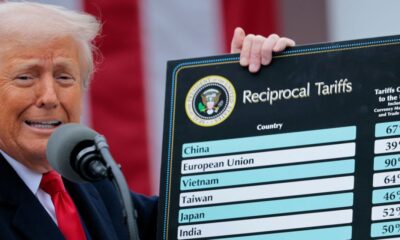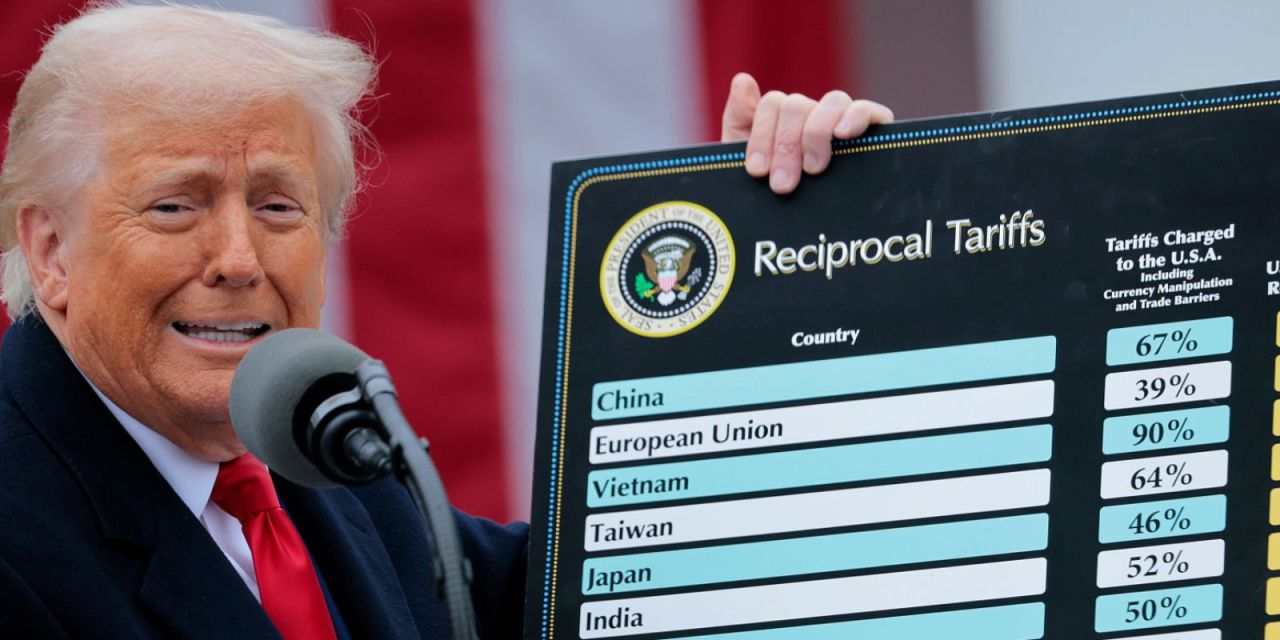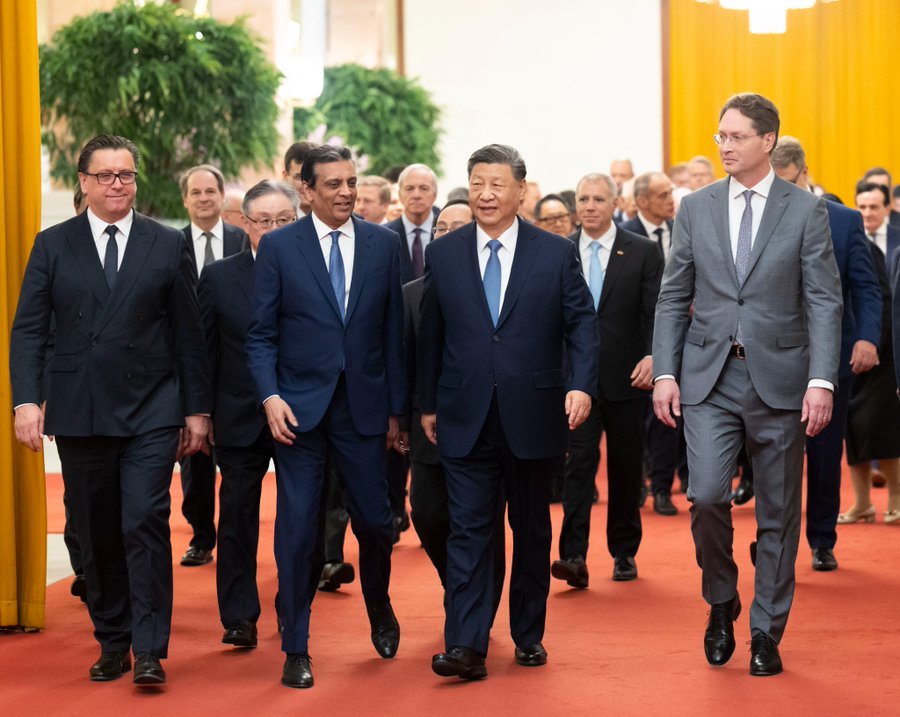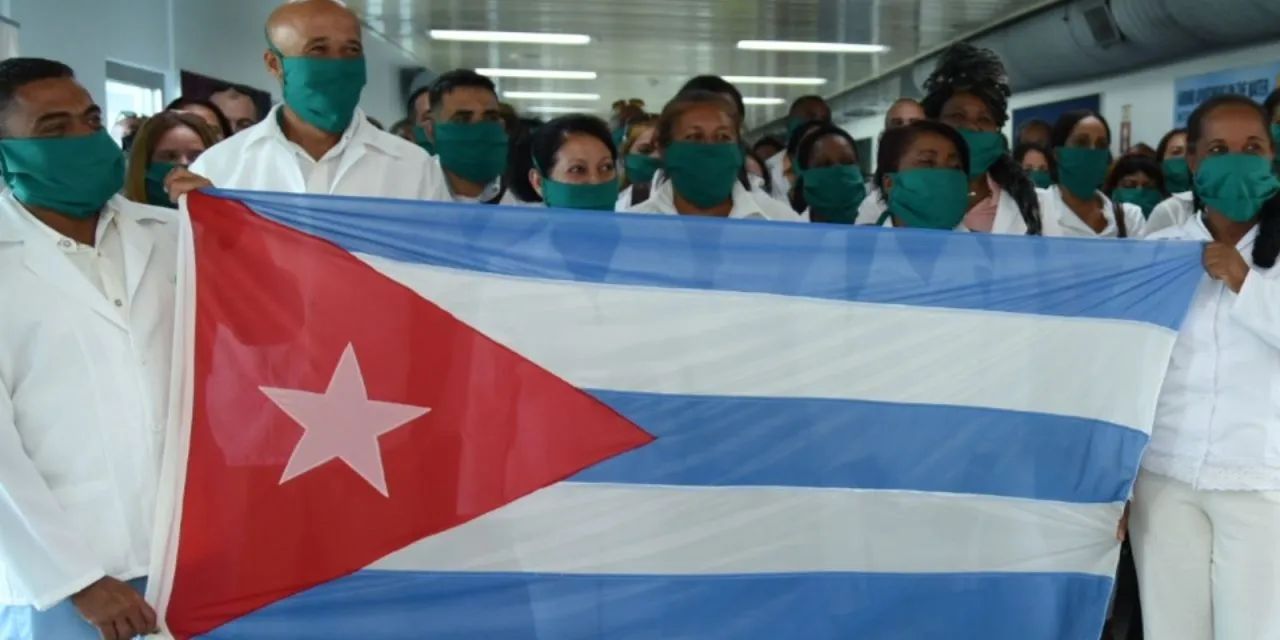Article by H. E Yan Xiusheng, Ambassador of the People’s Republic of China to Barbados
In 2013, President Xi Jinping put forward the Belt and Road Initiative (BRI). After a decade of development, the BRI has effectively promoted economic integration and interconnected development, and delivered benefits to all. It has laid down a pathway toward mutual benefit, win-win outcomes, prosperity and development in an age rife with turbulence and change.
The BRI shines the light of development and provides new impetus for global development. Development holds the master key to solving all problems and is a timeless theme for humanity. The BRI, focusing on development which best serves the common interests of all countries, has provided a platform for development with great inclusiveness, and promoted the common development and prosperity of all countries around the world. From 2013 to 2022, the total value of China’s trade in goods with key Belt and Road partner countries grew at an average annual rate of 8.6 percent, and the two-way investment exceeded USD 270 billion. Newly signed contracts of projects are worth over USD 1.2 trillion, and an array of infrastructure projects including roads, bridges and ports have come into commission, further promoting land, maritime, air and cyberspace connectivity. The Belt and Road cooperation is not a solo performance, but a symphony played by all. The BRI has effectively synergized development strategies and practical demands among partners, and has helped partner countries transform their own advantages into tangible fruits of development. The World Bank estimates that by 2030, Belt and Road cooperation will bring an annual benefit of USD 1.6 trillion to the world, accounting for 1.3 percent of the global GDP and injecting strong impetus into global development.
The BRI shines the light of happiness and makes new contributions to people’s well-being. The people are the foundation of a state. When the foundation is strong, the state will be secure. Improving people’s livelihood has become another distinctive feature of the BRI. Over the past ten years, the BRI has helped lift nearly 40 million people out of poverty and created paths toward opportunity and prosperity for the local people. A large number of “small yet smart” livelihood programs such as schools, hospitals and stadiums have been put in place one after another, and more and more people are living a better life with a greater sense of happiness and benefit. The China-Europe Railway Express completed over 15, 000 freight services, serving as a health train delivering medical supplies during the pandemic. Facing the global food crisis, China and its BRI partners have been actively engaged in agricultural cooperation and popularized hybrid rice, Juncao and other practical technologies, making positive contributions to ensuring food supply for the local people.
The BRI shines the light of hope and opens up new prospects for common prosperity. The U.N. 2030 Agenda for Sustainable Development is now encountering difficulties in its implementation, and the development gap keeps widening. Countries around the world have a stronger aspiration for development and cooperation. Many developing countries have seized the momentum of the BRI and got on board the express train of China’s development. As we accelerate the development of the health Silk Road, the digital Silk Road, the green Silk Road and the Silk Road of innovation, more opportunities for cooperation will be created. This will open up broader prospects for industrial upgrading, energy transformation and innovative development in those countries.
In February 2019, The Chinese and Barbadian governments signed MOU on the Belt and Road cooperation in Beijing. In June this year, Prime Minister Mia Amor Mottley successfully visited China, where the leaders of both countries spoke highly of the fruitful achievements in Belt and Road cooperation over the past four years, and reached important consensus on continuing to promote high-quality development of Belt and Road cooperation. With the joint efforts of the Chinese and Barbados people, the two sides have strengthened cooperation under the framework of the BRI, pushing the bilateral relationship and practical cooperation to new heights. The construction of Sam Lord’s Castle Hotel, with preferential loan from China, is about to be ready for use. The Scotland District Road Rehabilitation Project, also with preferential loan from China, has broken ground. The China-Aid National Stadium Redevelopment project is undergoing. The China-Aid Centre for Food Security and Entrepreneurship Project in Barbados is currently under construction. Hunan Province aid project of vegetable demonstration in Barbados has achieved remarkable results, with the cultivation of varieties of high-quality vegetables and a breakthrough with upland rice planting in Barbados. These aid projects will play an important role in local economic and social development, and improve people’s livelihood. By assisting Barbados in becoming the country with the largest electric bus fleet in the Caribbean region, the BYD electric buses have contributed actively to carbon reduction, promoting the green transformation and sustainable development of the Barbadian economy and society. Additionally, the artificial intraocular lenses exported from Barbados to China have brought light to cataract patients, and Barbadian products such as rum are gradually becoming familiar to the Chinese consumers. With the comprehensive visa exemption between China and Barbados, an increasing number of Chinese tourists are visiting the beautiful country of Barbados.
The third Belt and Road Forum for International Cooperation is to be held in Beijing. It will be the grandest event to commemorate the 10th anniversary of the BRI, and an important platform for all parties to discuss high-quality Belt and Road cooperation. We hope that all parties, standing on the new starting point, will make the pie of development increasingly bigger, so as to provide solid support for people’s well-being and create more opportunities for economic growth. In doing so, we will usher in another wonderful decade on this road of global prosperity.
Looking to the future, both China and Barbados will continue to promote High-quality BRI Cooperation. Following the principles of extensive consultation, joint contribution and shared benefits, both sides will fully leverage their comparative advantages, explore cooperation potential in areas such as infrastructure, modern agriculture, blue economy, renewable energy, culture, sports, tourism, and health-care. The aim is to achieve higher-level pragmatic cooperation, elevate the friendly cooperation between China and Barbados to new heights, and steer the ship of the China-Barbados community with shared future towards a broader horizon.


 Business4 weeks ago
Business4 weeks ago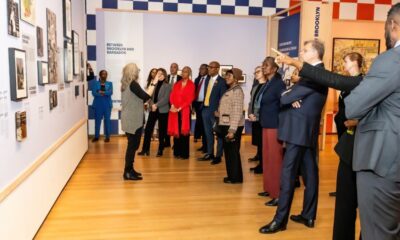
 International3 weeks ago
International3 weeks ago
 Local3 weeks ago
Local3 weeks ago
 Tourism3 weeks ago
Tourism3 weeks ago
 Environment3 weeks ago
Environment3 weeks ago
 International4 weeks ago
International4 weeks ago
 Government3 weeks ago
Government3 weeks ago
 Features4 weeks ago
Features4 weeks ago












